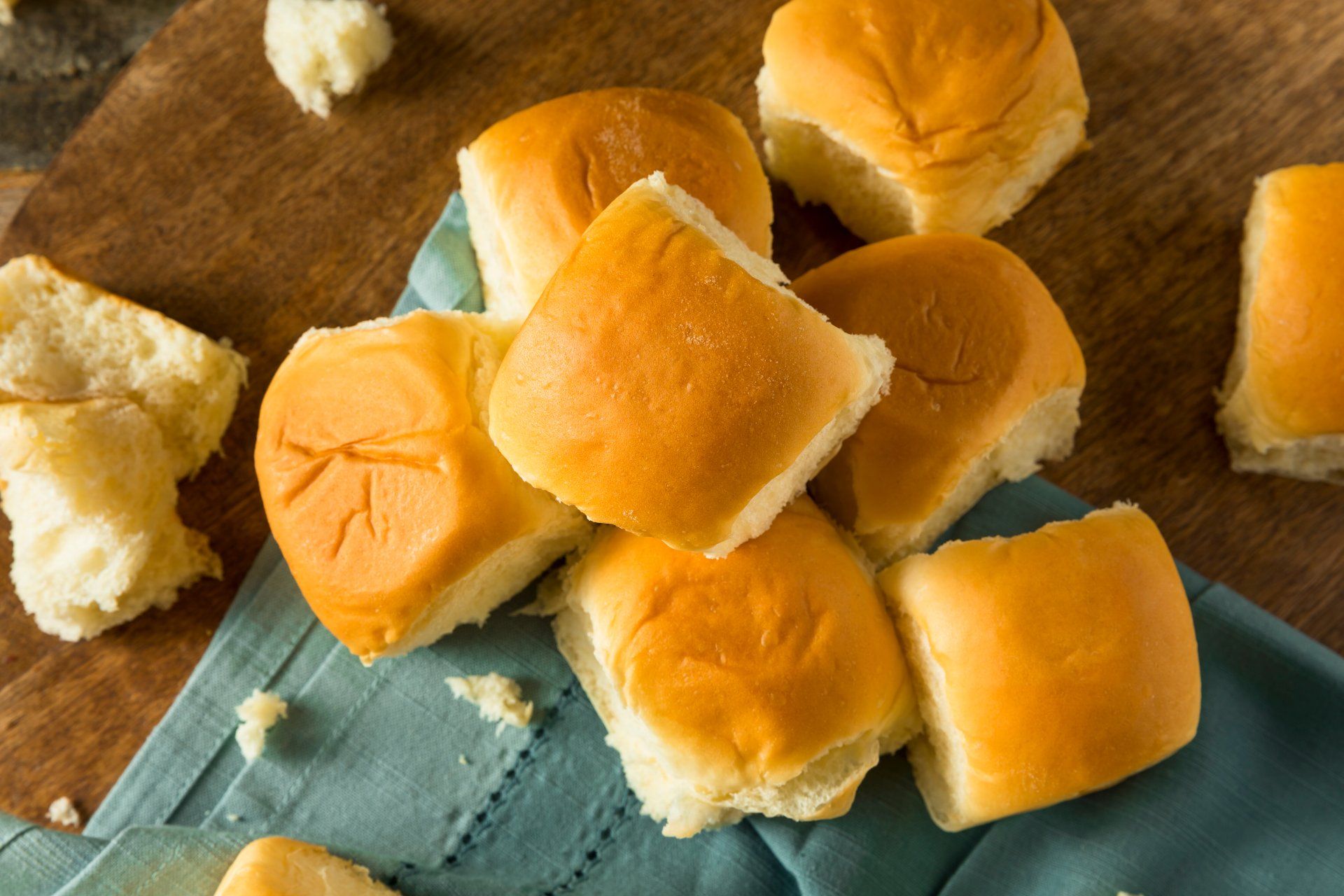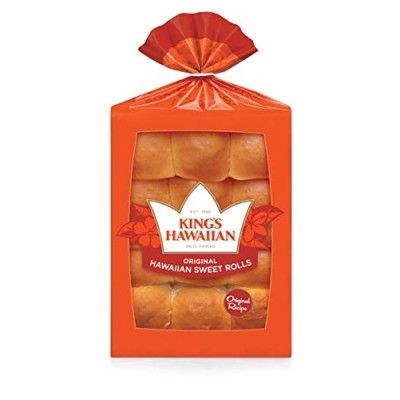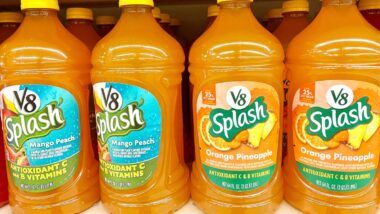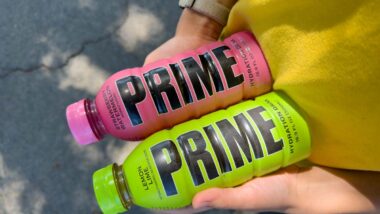Top Class Actions’s website and social media posts use affiliate links. If you make a purchase using such links, we may receive a commission, but it will not result in any additional charges to you. Please review our Affiliate Link Disclosure for more information.
UPDATE:
- With little explanation, the plaintiff filed court documents voluntarily dismissing the class action lawsuit accusing King’s Hawaiian Bakery of falsely advertising its rolls in mid-June.
A new battle in the legal war over product authenticity involves the makers of King’s Hawaiian rolls, who were hit with a class action lawsuit claiming fraudulent marketing misleads shoppers by hiding where the product is really made in late 2020.
Yonkers, New York, resident Robert Galinsky, the named plaintiff in the complaint, bought a pack of King’s Hawaiian rolls from his local Stop and Shop this month and realized there was conflicting information on the labels.
“Hilo, Hawaii,” can be seen on the package’s front and center, according to Galinsky, giving an impression the King’s Hawaiian rolls are made on the island. Instead, in a smaller font on the back, a consumer will find the rolls are actually made in Torrance, California.
Galinsky claimed in the class action lawsuit King’s Hawaiian “essentially invented this category of food” and points to legal action the company has taken against brands using its trademarked design, emphasizing orange colors and the term “Hawaiian rolls.”
The complaint specifically lists four lawsuits King’s Hawaiian Holding Co. has filed against its competitors, including two against grocery retail chain Aldi.
Galinsky alleged that today’s consumer tastes have come to recognize there are lots of options on the market and want genuine products.
“For many consumers, ‘authenticity has overtaken quality as the prevailing purchasing criterion,'” Galinsky’s class action lawsuit stated.
Galinsky admitted in the complaint an average shopper likely knows King’s Hawaiian is the name of the company.
“Reasonable consumers understand that the term ‘Hawaiian Rolls’ by itself, does not denote a roll made in Hawaii any more than a ‘Moon Pie’ can claim to have been baked on the moon,” he said.
However, Galinsky pointed out in the class action lawsuit, “Hilo, Hawaii,” is prominently shown on the front of the package of King’s Hawaiian rolls, “causing consumers to believe the Product is made in Hawaii.”
King’s Hawaiian’s “fraudulent intent is evinced by its failure to accurately identify the Product’s immediate place of origin — where it’s made — as opposed to where the company is originally from — when it knew doing so would misled consumers,” alleged the class action lawsuit.
King’s Hawaiian isn’t the only company facing legal action over a label with Hawaiian representations.
The makers of Hawaiian Host candies are in court over alleged misleading claims on their boxes of chocolates. Plaintiffs filed the class action lawsuit in November.
The authenticity claims extend to the adult beverage market, too.
A similar class action lawsuit was filed the same month against Heineken’s Tecate beer, with claims the beer isn’t a Mexican import, despite marketing promises.
The King’s Hawaiian rolls class action lawsuit accused the product maker of violating New York’s General Business Law and of negligent misrepresentation, fraud and unjust enrichment.
Galinsky wanted to represent a Class of New York state residents who’ve purchased packs of King’s Hawaiian rolls within the applicable statute of limitations.
Approximately five months after lodging the class action lawsuit accusing King’s Hawaiian of duping consumers about where their popular rolls are made, plaintiff Galinsky has filed paperwork with the court agreeing to voluntarily dismiss the case.
The court documents, submitted by Galinsky’s lawyer, do not explain why the plaintiff wants to exit the litigation. In addition to voluntarily dismissing his class action lawsuit, the lawyer asserts that the claims “are not frivolous.”
The Kings Hawaiian rolls class action lawsuit generated a substantial amount of consumer interest by those who believed the product was made in Hawaii. Indeed, other companies have been accused of falsely representing to consumers that their products are made in Hawaii, including a Kona beer class action settlement which saw up to $20 in Class Member rebates.
It is unclear why the King’s Hawaiian class action lawsuit was dropped by the plaintiff, but Top Class Actions will continue to monitor the story for updates.
Have you purchased packs of King’s Hawaiian rolls with the expectation they were made in Hawaii? Let us why or why not in the comments below.
Counsel representing the plaintiffs in this class action lawsuit are Spencer Sheehan of Sheehan & Associates PC and Michael R. Reese of Reese LLP.
The King’s Hawaiian Rolls Class Action Lawsuit is Robert Galinsky, et. al v. King’s Hawaiian LLC, Case No. 7:20-cv-10931-KMK, in the U.S. District Court for the Southern District of New York.
Read About More Class Action Lawsuits & Class Action Settlements:

















2,275 thoughts onKing’s Hawaiian Rolls Not Made in Hawaii, Class Action Lawsuit Claims
Add me in I buy those all the time